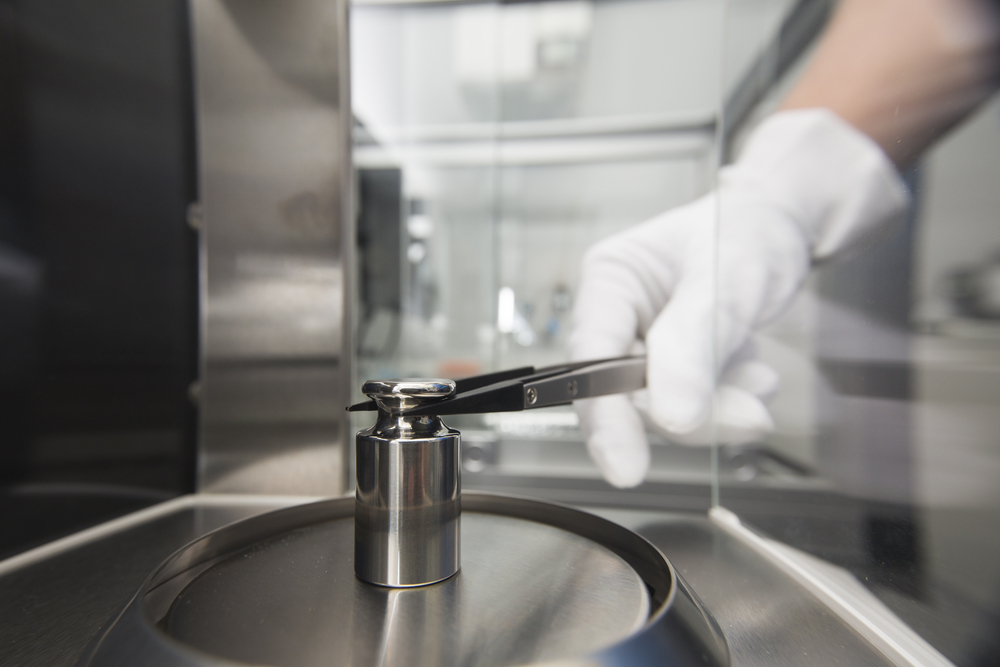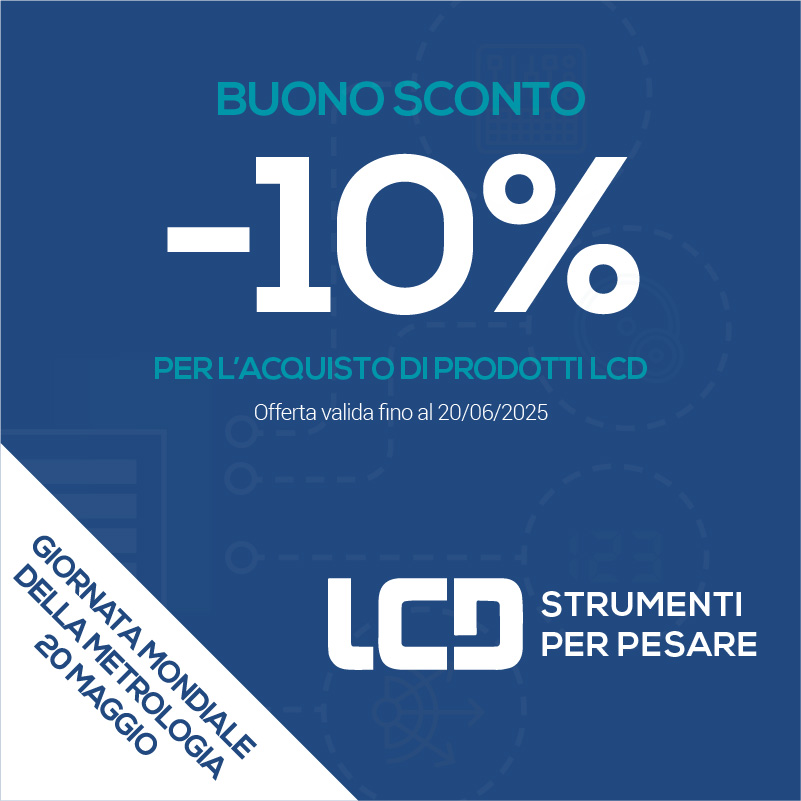Press room
World Metrology Day: get of the offer

On the occasion of World Metrology Day, celebrated on May 20, we want to explore the value and importance of measurement science in production processes, in any sector and at every stage. Metrology, in fact, is a fundamental element to guarantee quality, efficiency and regulatory compliance from the beginning.
Research & Development
Our scales guarantee accurate measurements for the creation of new products and the optimization of their characteristics.
Design
Design and engineering are the primary phases of the process to analyze all technical specifications.
Production
Our weighing solutions play a key role in quality control. Optimize efficiency and traceability.
Our weighing systems allow continuous control of the weight of products, ensuring compliance with standards and providing real-time data for production analysis. Our weighing systems can be integrated into existing structures and interconnected to guarantee real-time control and efficiency of the production process.
Distribution & Logistics
Even in the distribution and logistics phase, accurate weighing is essential for inventory management, shipping cost determination and load verification. We provide industrial weighing instruments, weighbridges, vehicle weighing systems that ensure correct commercial transactions and efficient logistics.
Our certified weighbridges guarantee precision in truck weighing, an essential element for invoicing and freight transport management.
Use and maintenance
During the use phase, we offer calibration, maintenance and repair services to ensure that our customers’ weighing instruments maintain their precision over time. Our qualified technical assistance ensures operational continuity and regulatory compliance.
Our specialized technicians perform maintenance/technical assistance/periodic checks with certified sample weights, issuing the necessary documentation for compliance with ISO standards.
New life for the product
Even in the end-of-life phase, your weighing instrument can be redesigned according to new schemes and methodologies. Through an initial detailed analysis and technical inspection, it is possible to understand if the instrument can be subjected to an electronic transformation process.
Get the offer
On the occasion of World Metrology Day, here is a 10% discount on the purchase of an LCD product. Click on the image below, save the voucher and present it during the purchase. (Offer valid until 06/20/2025. Discount cannot be combined or used in combination with other promotions).
Contact us
We are available to provide personalized advice and support in integrating systems tailored to your production needs. Contact us for a consultation by writing to us at tecnologia@laboratoriometrologico.net or call us at 089 954279.
📘 Small glossary of metrology
Measurement: Operation that consists in determining the value of a physical quantity with respect to a unit of measurement.
Quantity: Physical, chemical or technical property that can be measured (e.g. length, mass, temperature).
Unit of measurement: Quantity defined and adopted as a reference to compare other quantities of the same type (e.g. meter, kilogram, second).
Measuring instrument: Device used to perform a measurement (e.g. thermometer, scale, caliper).
Calibration: Comparison between the instrument to be calibrated and a sample instrument, to determine any errors and correct them.
Measurement error: Difference between the measured value and the real or “true” value of the quantity.
Precision: Ability of an instrument to provide similar results in repeated measurements.
Accuracy: Closeness of the measured value to the true value of the quantity.
Measurement uncertainty: Interval that indicates how much the measured value can vary with respect to the true value.
Calibration: Procedure for adjusting an instrument to match a reference value.
Repeatability: Ability to obtain the same result under identical conditions and in a short interval of time.
Reproducibility: Ability to obtain similar results by changing conditions such as location, operator or instrument.
Traceability: Documented link between the measurement result and a national or international reference standard.
Standard (of measurement): Object or instrument that represents a reference quantity (e.g. a standard meter).
International System (SI): Standard system of units recognized worldwide (e.g. meter, kilogram, second, ampere).
Tolerance: Acceptable range within which a measurement can vary without compromising the functionality of the part or system.
Standard deviation: Measure of the dispersion of data around the mean of a series of measurements.
Sensitivity: Ability of an instrument to detect small variations in the measured quantity.
Zero (point of): Initial or reference value from which one starts in the measurement of a quantity.
Scale (of an instrument): Set of numerical values on which the reading of a measuring instrument is based (e.g. graduated scale of a thermometer).





